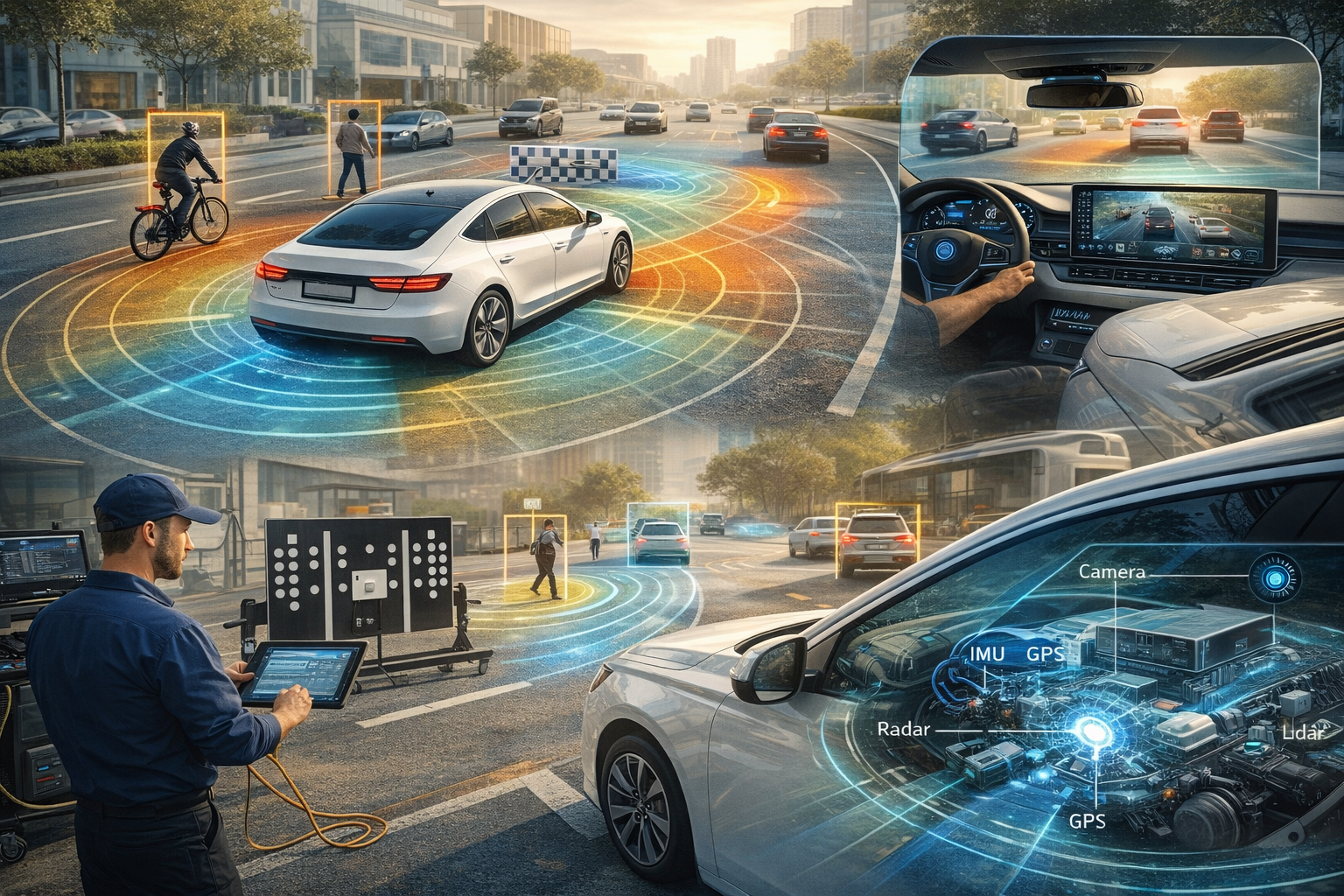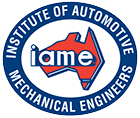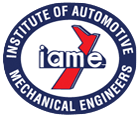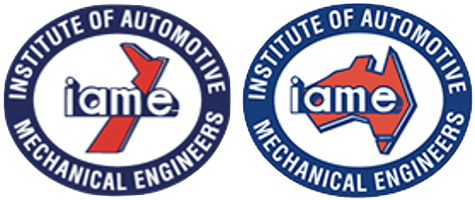AATR Seminar and Exhibition 2023
Book your spot at the AATR Seminar and Exhibition 2023!!
Our increasingly popular Seminar is back again this year at the impressive
Crowne Plaza Surfers Paradise on
5th to 7th May 2023 and will include a
Suppler Exhibition.
Enhance your knowledge in this high-energy training Seminar and meet your Suppliers who will be showcasing the latest Parts, Fixes and Equipment. Make new contacts, extend your network, get deals and discounts only available at the Exhibition.
Click here to download your Seminar Brochure and Booking Form
Are you an AATR Supplier Member?
BOOK YOUR EXHIBITION SPACE
Do not miss the opportunity to be a part of the Premier Transmission Industry Event and to network with current and prospective customers.
Click here to download your Exhibition Brochure and Booking Form
Accommodation Details - Crowne Plaza Surfers Paradise
Crowne Plaza Surfers Paradise have created a dedicated link for delegates to assist with your accommodation bookings.
Please click here for Accommodation Bookings
Please Note: Rooms will be held until 5th April 2023, after this date all reservations will be subject to availability.
If any delegates wish to contact the hotel direct to make their reservations please quote: AATR Group
Phone: 07 5592 9900 – ask for in house reservations
Email: groups@crowneplazasp.com.au
.









